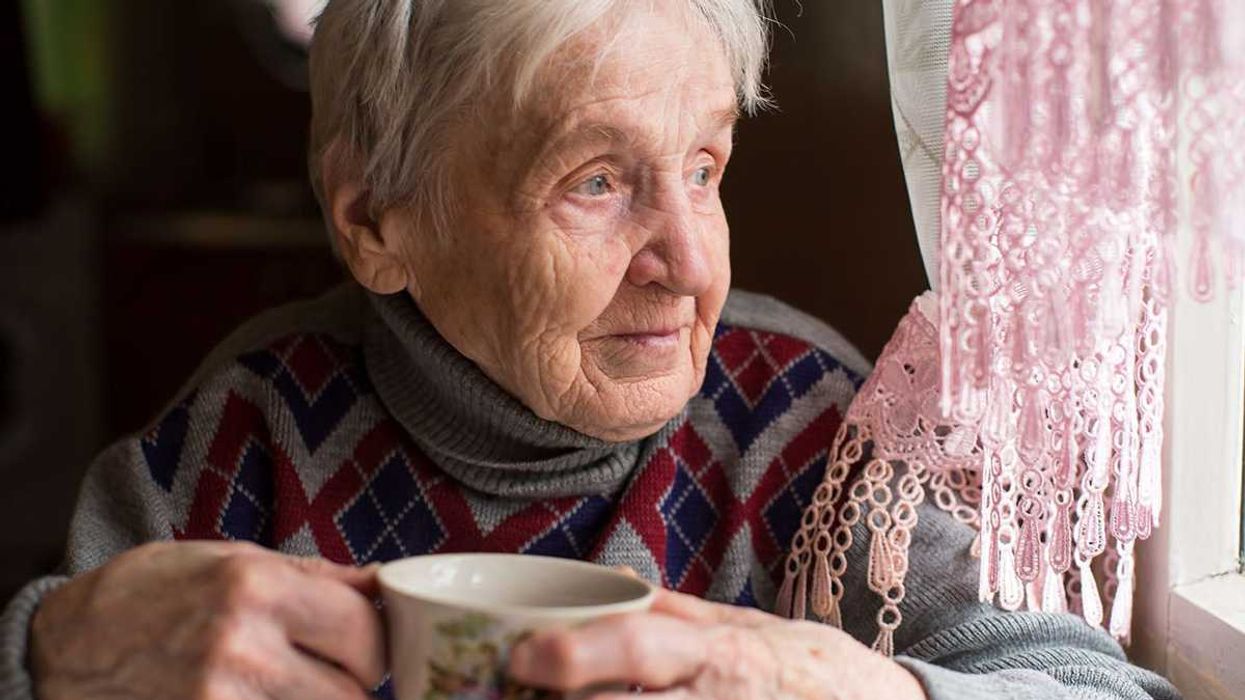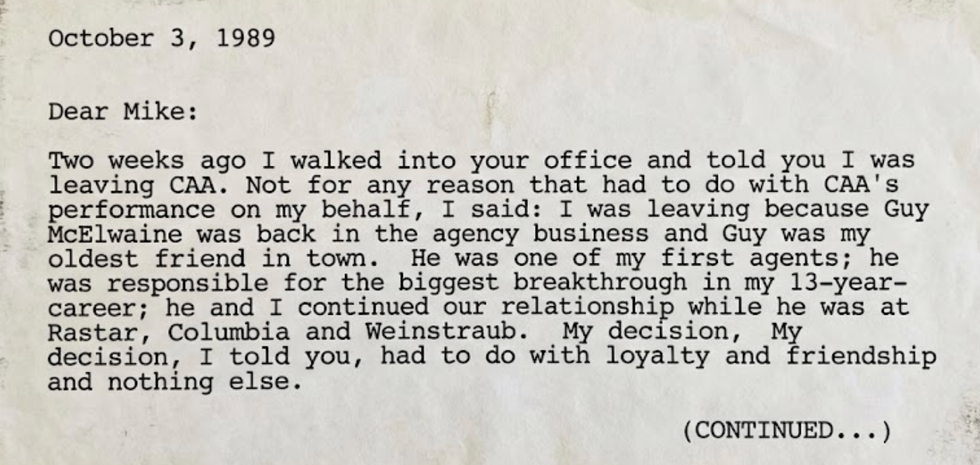Six student journalists from southeastern Kansas recently got kudos from reporters at major U.S. newspapers across the county. The students’ expert sleuthing and pursuit of truth in the face of authority brought down their recently-appointed principal.
On March 6, Amy Robertson was appointed head principal at Pittsburgh High School. So five juniors and one senior at the school’s newspaper, The Booster Redux, began to research their new administrator. But when they started looking into Corlins University, the private school where Robertson received her master’s and doctorate degrees, things began to smell a bit fishy. Strangely, the school’s website was down and there was no evidence it was even accredited. Further research turned up numerous articles claiming that Corlins was a diploma mill that sells degrees.
The students spent weeks contacting educational institutions and accreditation agencies to corroborate Robertson’s educational past—with some even working through their spring breaks. “At the very beginning it was a little bit exciting,” student journalist Connor Balthazor told The Washington Post. “It was like in the movies, a big city journalist chasing down a lead.” But soon the students realized they had stumbled onto something serious. “It really started hitting me that this is a much bigger deal,” Balthazor said. The students’ journalism teacher, Emily Smith, had to recuse herself from the story because she was on the committee that hired Robinson.
Not everyone was excited about the students’ investigation. “Everybody kept telling them, ‘stop poking your nose where it doesn’t belong,’ ” Smith told The Washington Post. “They were at a loss that something that was so easy for them to see was waiting to be noticed by adults,” Smith said. Unafraid of potential discipline from their principal, the students published their story last Friday in The Booster Redux.
On Tuesday night, Robertson resigned.
“In light of the issues that arose, Dr. Robertson felt it was in the best interest of the district to resign her position,” Pittsburg Community Schools announced in a statement. “The Board has agreed to accept her resignation.” The school board has since decided to reopen the position and to begin interviewing new candidates. After the story broke, several national journalists tweeted about the students’ fantastic work. “I honestly thought they were joking at first,” Balthazor said. “Most high schoolers would never get even close to an opportunity to get to experience something like this.”


















 Two people study a mapCanva
Two people study a mapCanva Foggy Chinese villageCanva
Foggy Chinese villageCanva

 Older woman drinking coffee and looking out the window.Photo credit:
Older woman drinking coffee and looking out the window.Photo credit:  An older woman meditates in a park.Photo credit:
An older woman meditates in a park.Photo credit:  Father and Daughter pose for a family picture.Photo credit:
Father and Daughter pose for a family picture.Photo credit:  Woman receives a vaccine shot.Photo credit:
Woman receives a vaccine shot.Photo credit: 
 An excerpt of the faxCanva
An excerpt of the faxCanva

 Robert Redford advocating against the demolition of Santa Monica Pier while filming "The Sting" 1973
Robert Redford advocating against the demolition of Santa Monica Pier while filming "The Sting" 1973